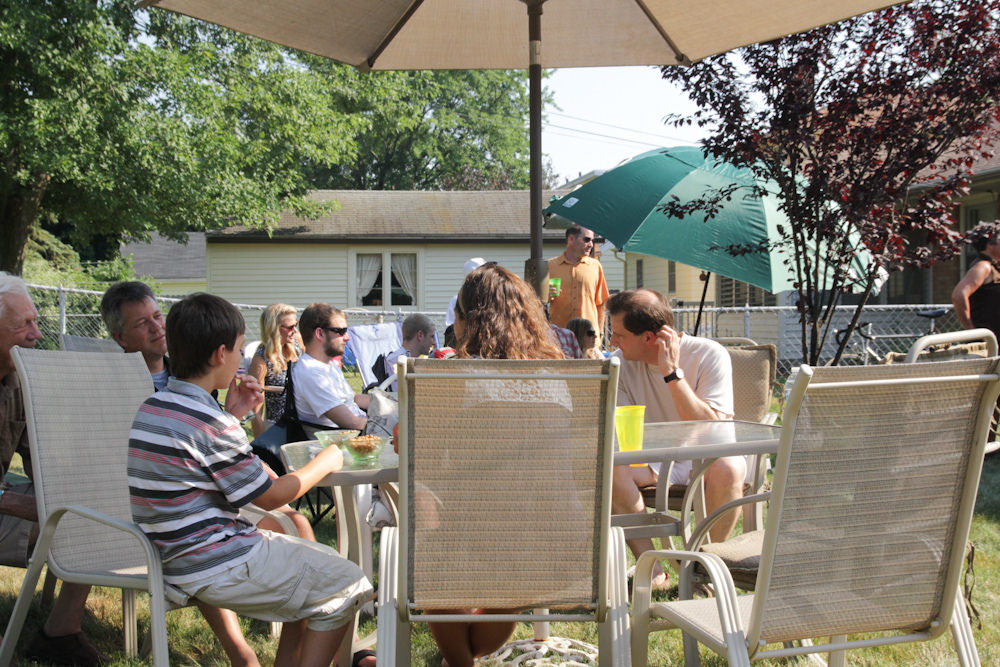
“Poor talk,” for those of you who don’t recognize the term, is when two people meet and end up talking about their money problems. It’s similar to, ‘fat talk,’ only this is money and not weight.
In the old days, people didn’t talk about money with one another. It simply wasn’t polite.
Nowadays, however, it seems as if our culture of oversharing has made it acceptable to talk money with the neighbors.
The questions are the reasons why, and whether it’s a good use of your time.
Why ‘Poor Talk’ Is So Compelling
Humans beings have a psychological need to belong to a group. We want to be wanted, and we want to be identified as part of a particular crowd.
That’s why we join clubs, social networks, and even work for particular companies.
That need to belong is a driving force behind our desire to share information that we might otherwise keep close to the vest. We hear the neighbor complaining about how his insurance costs have spiked, and we’re more likely to agree and throw in our own two cents.
But Is ‘Poor Talk’ Helping Us?
I used to think there was value in commiseration, that misery did love company. I still do, but not in the same way.
If I’m having a hard time with something, I might need a friend’s ear. That friend will nod, sympathize, and maybe give me some ideas about how to make things better. More likely, my friend will tell me the time he was in a tight spot and managed to get out of it.
That sort of, “you can do it,” talk can help motivate someone into making a positive change.
When both people are in the same boat, however, there’s nothing productive going on.
You both walk away from the conversation feeling as if you belong to the same club, so you’re not alone. That’s not terrible.
But you both also look at one another and figure that if the other guy’s not going out of his mind then perhaps you shouldn’t, either. You’re less likely to take positive action to get out of your bad situation.
In this respect, community can be a bad thing.
How To Break the Cycle
I’m not going to tell you to stop with the ‘poor talk’ – after all, it does fill a need from time to time.
I am, however, recommending that you look at the other folks engaging in this line of conversation and ask yourself about the things they’re not saying rather than merely what is coming out of their mouths.
Are they buckling down financially to end their problems?
Are they overstating the problem in the first place?
Do they have a deep well of savings from which to draw?
Questions such as these will help you realize that you don’t share the same problems as others, not in the same way at least. Nobody’s going to help you when your bills come due, and all the griping in the world won’t make your life better.
Let the neighbors worry about themselves. Your job is to get to work on your own financial well-being.
Image credit: stevendepolo